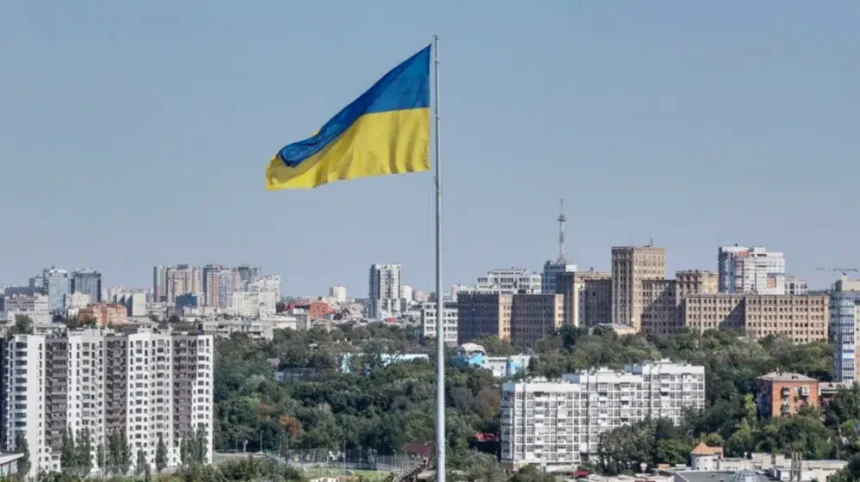U.S. and Russian representatives have engaged in unofficial talks about the Ukraine war in Switzerland over the past few months, including last week, according to three sources cited by Reuters.
While the participants have diplomatic and security experience, they are not government officials, and it remains unclear if they were sent by their respective governments. The sources declined to disclose the identities of those involved.
Described as a “Track Two” dialogue, these meetings took place during the transition period following Donald Trump’s victory in the U.S. presidential election. A small number of Trump’s advisors were reportedly aware of the discussions.
Many details remain unknown, including whether Ukrainian representatives were present, the agenda, and when the meetings began. However, the revelation highlights ongoing behind-the-scenes efforts by the U.S. and Russia to explore ways to end the war, despite the near freeze in official contacts during Joe Biden’s presidency.
Trump, in office for just a month, has reversed the U.S. approach to the three-year war, engaging directly with Russian President Vladimir Putin and pushing for a swift resolution.
On Tuesday, senior U.S. officials met with Russian counterparts, including Foreign Minister Sergey Lavrov, in Saudi Arabia.
Switzerland’s foreign ministry confirmed that non-state actors regularly organize such meetings within the country and that Swiss authorities are informed of them. These activities, it stated, help maintain diplomatic efforts related to the war.
One source indicated that at least one meeting took place in Geneva last week during the Munich Security Conference.
Last year, Reuters reported on separate backchannel talks in 2023 and early 2024 when Putin signaled a willingness to consider a ceasefire in Ukraine. However, those discussions seemingly led to no concrete results.
Historically, Track Two diplomacy has facilitated communication between deeply distrustful parties, with the hope that improved dialogue could pave the way for formal negotiations.







